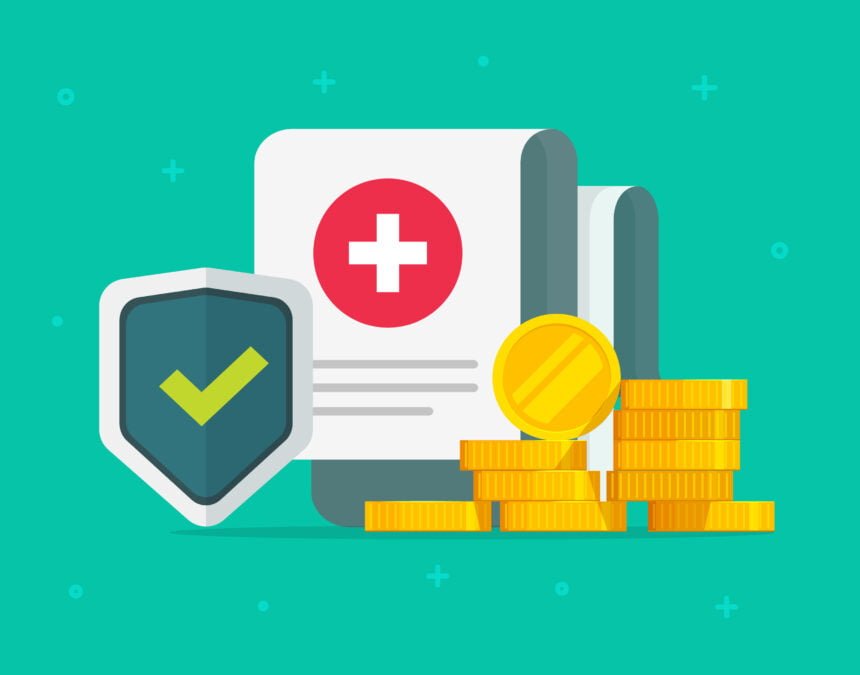With over 65 million people enrolled, the Medicare program provides equitable healthcare for seniors and disabled people.
However, it can be difficult to choose the right plan. People delay enrollment, leading to unnecessary penalties and end up waiting for coverage.
In this article, we demystify Medicare so you can confidently sign up for the perfect plan.
Who Is Eligible?
Seniors become eligible at 65. You can enroll even if you’re not retired or if you have any pre-existing health conditions.
Unlike Medicaid, which targets lower-income households, the Medicare program is open to all. However, you may be charged higher premiums, as per your income status.
Younger people also receive Medicare assistance if they have severe medical issues, like end-stage kidney disease or ALS. Such disabilities make it impossible to work regularly.
Are You Enrolled Automatically?
You won’t be automatically added to Medicare. Unlike typical insurance policies, you also can’t share benefits with your spouse. Each person must sign up individually.
However, people who already receive social security benefits will be enrolled immediately at 65. Since this is limited to Original Medicare, they may choose to get additional coverage at this time.
US citizens residing in Puerto Rico or foreign countries need to opt in manually, even if they’re receiving social security.
Can You Sign Up at Any Time?
The Initial Enrollment Period is open for seven months and there’s no better time to join Medicare. You can sign up as early as three months before your 65th birthday, so don’t put it off! Coverage begins during your birthday month or the month after you enroll, whichever comes later.
However, if your birthday falls on the 1st, your enrollment period will be moved back one month. For instance, if you turn 65 on 1st July, your window begins on 1st March.
If you wish to work beyond the age of 65, you can delay getting Original Medicare until you retire. You are eligible for an eight-month Special Enrollment Period when you face major life changes, like changing addresses, retiring, or losing coverage for any reason.
For people who already have Medicare, the Open Enrollment Period is an opportunity to start or modify their Medicare Advantage Plan or Prescription Drugs Plan. The window is open only from October 15 to December 7, and coverage begins in January.
Finally, if you missed your chance earlier, you can sign up for Medicare Part B between January and March. But this General Enrollment Period has its disadvantages. Your premiums will be increased drastically, and your coverage will only start in July of that year.
Is Medicare Really Free?
The program is funded by Medicare taxes, so you will qualify for premium-free Part A if you’ve paid these taxes for a minimum of ten years. You can also get free premiums through your spouse’s work history.
However, you’ll still be on the hook for premiums for Part B, deductibles, coinsurance and copayments. Additional premiums will be charged if you opt for Part C and/or Part D.
Does Medicare Cover Everything?
With the four parts of Medicare, you can piece together a flexible plan that perfectly matches your healthcare needs.
Original Medicare, consisting of Part A and Part B, covers in-patient hospital stays and other medical services. Unfortunately, there’s no cap on out-of-pocket expenses. Further, since the federal government offers these plans as “basic health insurance,” they don’t cover hearing aids, eye appointments, dental treatments, prescription medicines, emergency care in foreign countries, or long-term care.
Given the shortcomings of Original Medicare, many insurance companies cover several additional medical services (Part C) through Medicare Advantage Plans and Supplement Plans. Prescription drug coverage (Part D) is often included. Make sure the plan covers your preferred medicines.
Does Medicare Cover Non-Medical Costs?
A well-designed Medicare Advantage Plan will also provide non-medical benefits for your holistic financial and physical health.
Is the Medicare grocery allowance real? The answer is yes, absolutely. Options like these help seniors meet their food security and nutritional needs while supporting their independence and overall wellness.
Conclusion
Medicare is a boon for healthcare access for seniors across the country, but you must take action at the right time to take advantage of the program.
We hope this article helped you choose the perfect Medicare plan.

